France Long-Stay Visitor Visa (VLS-TS)

Quick Visa Facts
Visa length Up to 12 months
Possible to extend? Generally not; you must apply for a new visa or residence permit if you wish to stay longer.
Who can apply? Non-EU/EEA/Swiss nationals who want to stay in France long-term without working.
Minimum Income Requirements At least €1,400 ($1,540 USD) net per month for individuals; approximately €2,100 ($2,310 USD) net per month for couples.
Time for visa applications Typically 15–30 days, but it is recommended to apply at least 3 months before your intended travel date.
Want to know if you can apply?
Complete a visa quiz and see if you qualify!
Planning an extended stay in France, whether to enjoy the slower pace of life, spend more time with loved ones, or simply immerse yourself in French culture, often requires more than just a short-term tourist visa. That’s where the France Long-Stay Visitor Visa (VLS-TS) comes in.
This visa is designed for non-EU nationals who want to live in France for more than 90 days without engaging in professional work. It’s a popular choice for retirees, long-term travelers, or anyone who wants the chance to experience France beyond a quick holiday.
In this guide, we’ll walk you through everything you need to know about the France Long-Stay Visitor Visa, from eligibility and requirements to the step-by-step application process, so you can feel confident about your move.

France Long-Stay Visitor Visa Overview
The France Long-Stay Visitor Visa (VLS-TS), officially known as Visa de long séjour valant titre de séjour, is a national visa that also acts as a temporary residence permit. It was introduced to simplify the process for those wishing to remain in France for longer than 90 days, up to a maximum of one year. Unlike a short-stay Schengen visa, the VLS-TS allows you to live in France without needing to apply for a separate residence permit upon arrival, as long as you validate it online within three months of entry.
Who Is It For?
Non-EU, non-EEA, and non-Swiss citizens who want to stay in France for more than 90 days.
Individuals who are financially self-sufficient and can support themselves without working in France.
Common applicants include:
Retirees who wish to spend part of the year in France.
Visitors joining family or accompanying a spouse.
Students or trainees staying less than one year.
Other temporary residents who need more than the standard 90-day stay.
What Does It Allow You to Do?
Stay legally in France for up to 12 months.
Travel freely within the Schengen Area for up to 90 days in any 180-day period.
Access certain rights and services, such as enrolling in the French healthcare system once the visa is validated.
Live in France without the need for a separate residence permit during the validity of the visa.
If you wish to stay beyond one year, you can apply for a residence permit at your local prefecture before the visa expires.
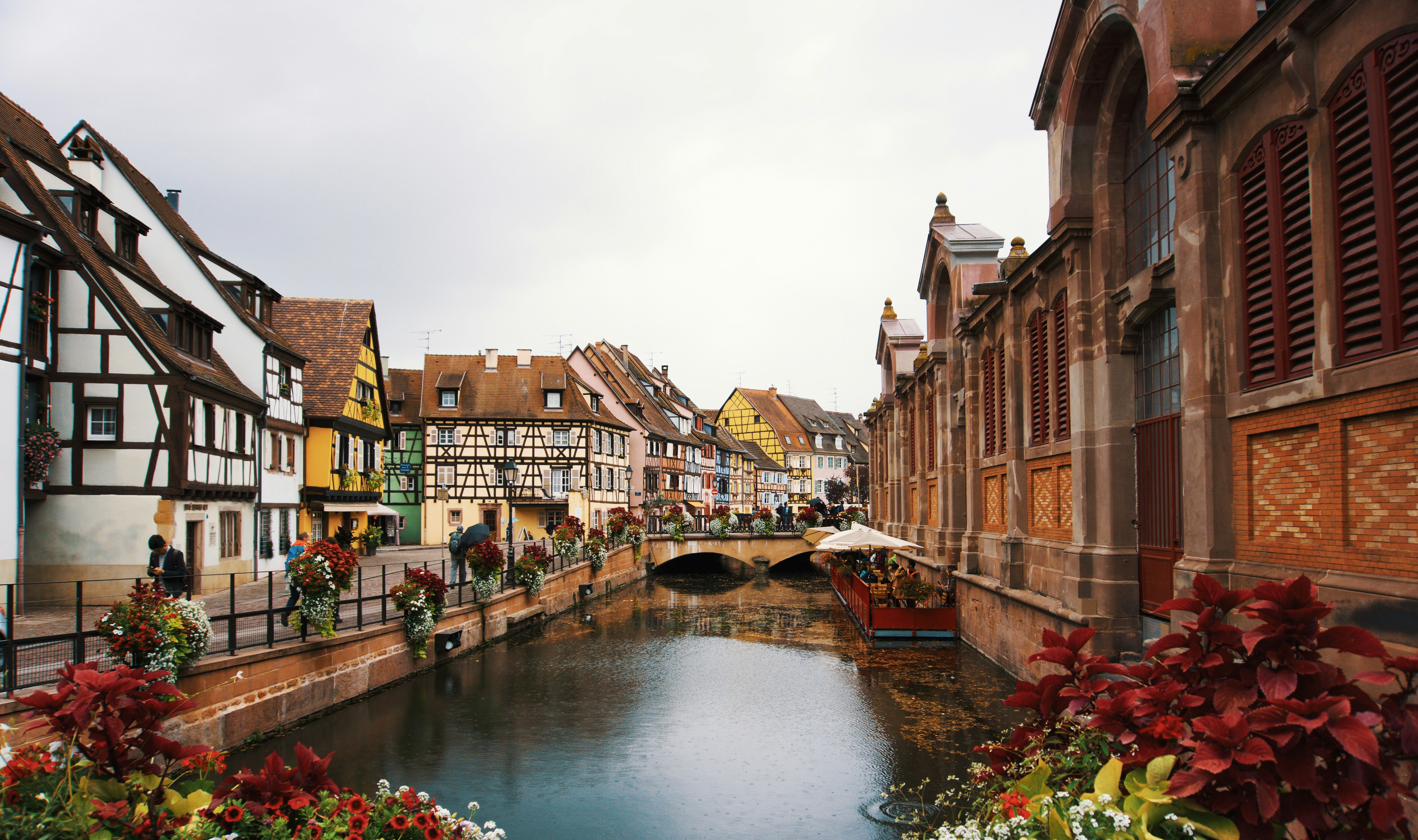
France Long-Stay Visitor Visa Requirements
To apply for the France Long-Stay Visitor Visa (VLS-TS), you will need to prepare a complete file of supporting documents. While requirements may vary slightly depending on your country of application, the following documents are typically required:
A completed long-stay visa application form.
A valid passport (issued within the last 10 years, valid for at least 3 months after your intended stay, with at least two blank pages).
Recent passport-sized photographs meeting official standards.
A cover letter explaining your purpose of stay.
Proof of accommodation in France (rental agreement, property deed, or letter of invitation).
Proof of civil status (such as a marriage certificate or birth certificate if applicable).
Receipt for payment of the visa fee.
In addition to the basic file, you must provide documents that prove you meet the specific requirements of the Visitor Visa category:
Proof of Financial Self-Sufficiency
Applicants must demonstrate that they can financially support themselves during their stay in France without engaging in professional activity. This can include:
Bank statements from the last three months.
Pension statements, proof of regular income, or savings.
Proof of sufficient funds to cover living expenses for the entire duration of stay.
You must show proof of at least €1,400 ($1,540 USD) net per month, approximately, which corresponds to the French minimum wage as of early 2025. For couples, the combined requirement is slightly higher but not simply double, approximately €2,100 ($2,310 USD) net per month.
Private Health Insurance
Applicants must show proof of comprehensive health insurance that:
Covers medical expenses and hospitalization in France.
Is valid for the full duration of the stay.
Meets a minimum coverage threshold required by French authorities.
Travel insurance is not accepted; it must be long-term residency health insurance. You can find our recommendations for the best health insurance plans for digital nomads here.
Statement of Non-Employment
Since the Long-Stay Visitor Visa does not allow you to work in France, you must provide a signed statement confirming that you will not engage in any professional activity during your stay.

How to Apply for the France Long-Stay Visitor Visa – Step-by-Step Instructions
Applying for the French Long-Stay Visitor Visa may feel intimidating at first, but the process is straightforward if you follow each step carefully. Here’s a clear breakdown of how to apply:
Step 1: Determine if You Need the Visa
The first step is confirming whether you actually require the France Long-Stay Visitor Visa. This visa is intended for non-EU, non-EEA, and non-Swiss citizens who plan to stay in France for longer than 90 days. If you fall into this category, you’ll need to continue with the application process.
Step 2: Gather Required Documents
Before starting your application, it’s important to collect all the necessary paperwork. This includes your completed visa application form, a valid passport, recent passport-sized photographs, proof of accommodation in France, proof of financial self-sufficiency, and private health insurance. Some documents may need to be officially translated into French, so check the requirements carefully in advance.
Step 3: Complete the Online Application
Once you have your documents ready, go to the France-Visas online portal and create an account. Fill out the application form for a long-stay visa, providing accurate personal details, travel information, and your reason for applying. At the end of the process, print the completed form and the confirmation receipt, as both will need to be submitted at your appointment.
Step 4: Book Your Appointment
After completing the online form, you’ll be directed to book an appointment with the French consulate or the authorized visa application center in your country, such as VFS Global in many regions. An appointment is mandatory because it’s where you will submit your biometrics and official paperwork.
Step 5: Attend Your Visa Appointment
On the day of your appointment, bring your passport, the printed application form, and the full set of supporting documents. You will also provide biometric data, fingerprints, and a digital photograph at this stage. The visa fee is typically paid during the appointment, so make sure to confirm accepted payment methods beforehand.
Step 6: Wait for Processing
Once your application is submitted, it will be processed by the French authorities. Processing times vary depending on the consulate and time of year, but usually take several weeks. You can track the progress of your application through the France-Visas portal or the consulate’s tracking system.
Step 7: Collect Your Visa
If your application is approved, your passport will be returned to you with the visa affixed inside. Be sure to carefully check all details, including your personal information and the validity dates, to ensure there are no errors.
Step 8: Validate Your Visa After Arrival in France
The final step takes place once you arrive in France. Within three months of entry, you must validate your VLS-TS online. This process involves completing a form and paying a validation fee of around €200. Validation is essential because it gives your visa full status as a residence permit. Without it, your stay in France may be considered irregular.

Stay Requirements for the France Long-Stay Visitor Visa
Once you obtain your France Long-Stay Visitor Visa, it’s important to understand the requirements for your stay to ensure compliance with French immigration rules.
The VLS-TS is issued for stays longer than 90 days, typically valid for up to one year. During this period, visa holders are expected to reside primarily in France and must not engage in any professional activity that requires a work permit. This visa is intended for individuals who can support themselves financially without working in France, such as retirees, students, or those living off personal savings or remote income.
Visa holders are required to maintain sufficient financial means throughout their stay. The French authorities may request proof of financial self-sufficiency at any time, so it’s advisable to keep bank statements or other financial documentation handy.
Another key requirement is health insurance coverage. All VLS-TS holders must have private health insurance valid in France for the entire duration of their stay. This ensures access to medical care without placing a burden on the French public health system.
Additionally, all visa holders must validate their visa within three months of arrival through the official French immigration portal. Failure to do so can result in the visa being considered invalid and could complicate future applications or renewals.
Finally, while the VLS-TS allows for travel within the Schengen Area for up to 90 days within any 180-day period, visa holders should always carry proof of residence in France and comply with local registration requirements if asked.
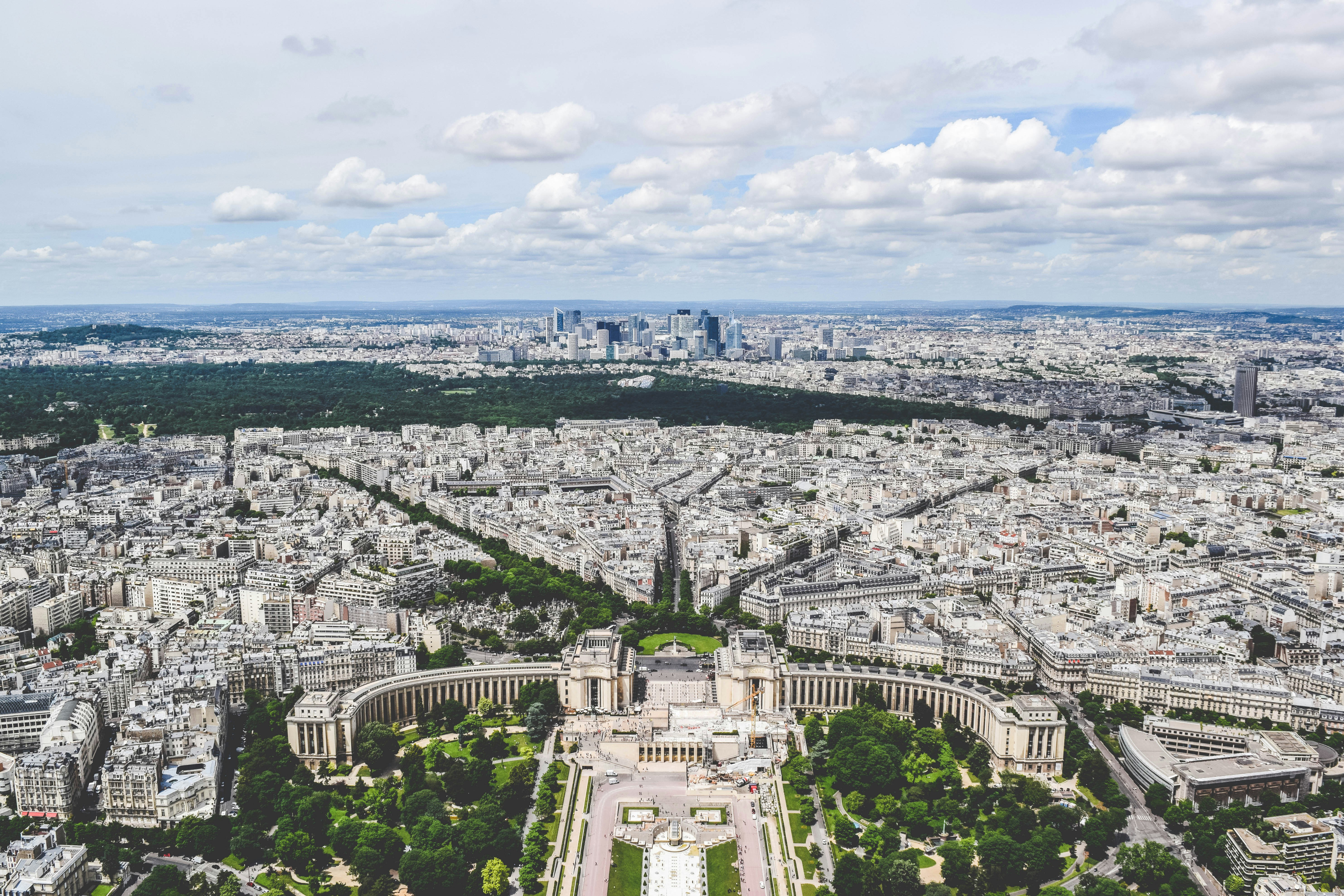
How Much Does the France Long-Stay Visitor Visa Cost?
The France Long-Stay Visitor Visa comes with several costs that applicants should be aware of. The main expense is the visa application fee, which must be paid when you submit your documents at the consulate or visa application center. As of 2025, the standard application fee is €99 (approximately $109 USD), though this may vary slightly depending on your country of residence or the local visa center’s policies.
In addition to the application fee, there may be other costs associated with the application process:
Biometric fees: Some consulates or visa centers may charge a small fee for collecting fingerprints and photographs.
Document preparation: Costs for official translations, notarizations, or obtaining supporting documents such as bank statements or insurance certificates.
Health insurance: Long-stay visa holders are required to have private health insurance covering their entire stay in France. Premiums vary depending on age, coverage level, and provider.
Visa validation fee: After arriving in France, you must validate your visa online through the official immigration portal, which typically requires a fee of around €200 (≈ $220 USD).
It’s important to budget for these additional costs to avoid any surprises during the application process. While the visa fees themselves are fixed, the extra expenses for insurance, translations, and document preparation can vary significantly depending on individual circumstances.
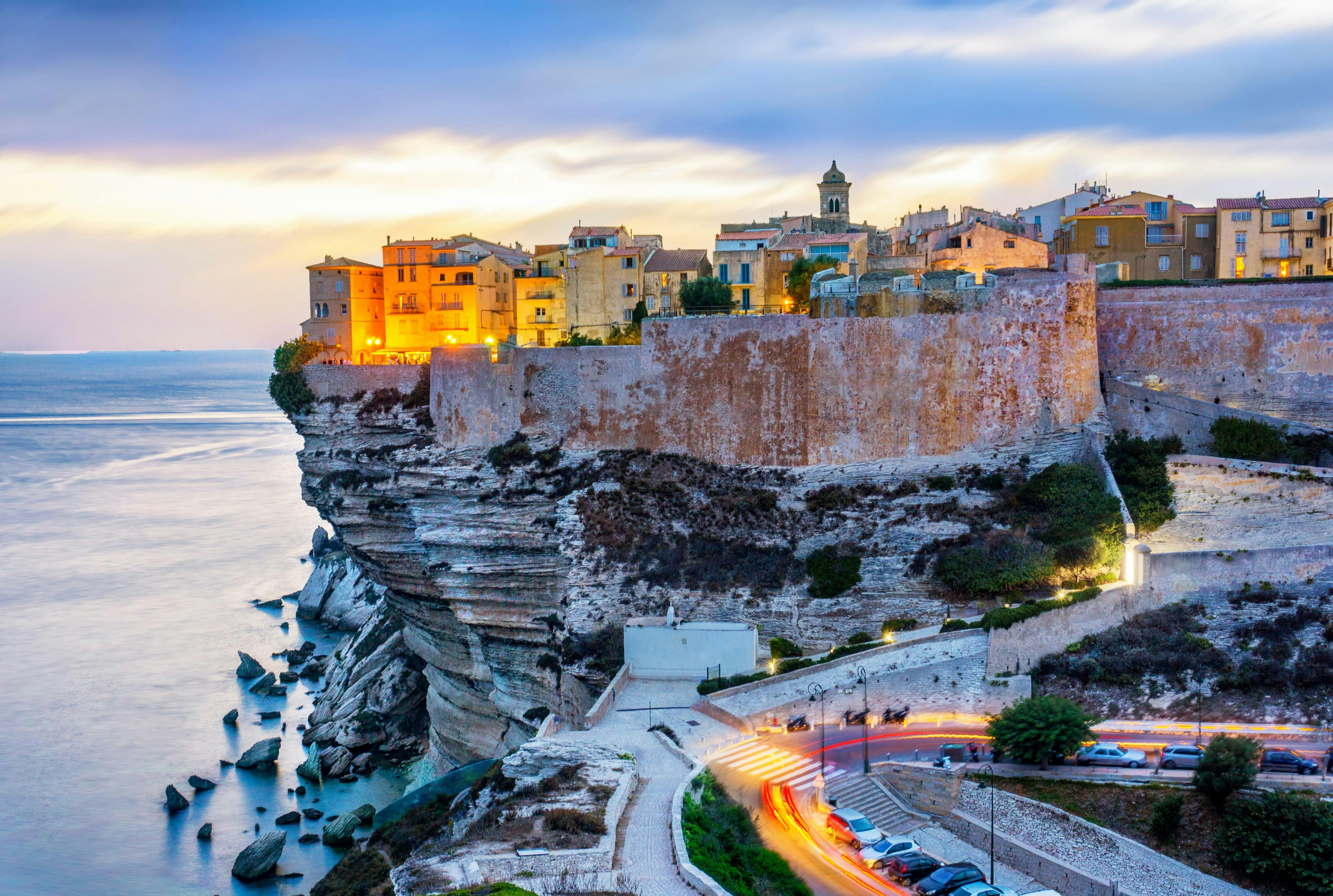
Taxes for People With a France Long-Stay Visitor Visa
Holding a France Long-Stay Visitor Visa allows you to live in France, but it does not automatically make you a tax resident. Tax residency in France is determined by several factors, including where your main home is, where your professional activity is located, and where your center of economic interests lies.
If you spend more than 183 days in France during a calendar year, you are generally considered a French tax resident and may be required to declare worldwide income. However, if you stay for less than 183 days and do not engage in professional activities in France, you are usually not subject to French income tax, though you must comply with local reporting requirements.
Income earned in your home country while living in France may still be subject to taxation in that country, depending on local laws and double taxation agreements between France and your home country. France has agreements with many countries to prevent being taxed twice on the same income, but it’s important to check your specific situation with a tax advisor.
Additionally, as a long-stay visitor, you may be responsible for other minor taxes, such as residence taxes (taxe d’habitation) if you rent or own property, and local service taxes, depending on your accommodation and region. However, these generally do not apply to short-term or temporary stays in rented accommodations.
In summary, while the VLS-TS allows you to reside in France legally, your tax obligations depend on the length of your stay, your source of income, and your overall financial and residency situation. Consulting a tax professional before and during your stay is highly recommended to ensure full compliance.

Living in France with the Long-Stay Visitor Visa
Living in France on a Long-Stay Visitor Visa offers a unique opportunity to immerse yourself in French culture, language, and lifestyle while enjoying the comfort of legal residency. With this visa, you can rent or purchase accommodation, explore the country at your leisure, and experience the day-to-day life of locals. Many visa holders take advantage of their stay to learn French, discover regional cuisines, and participate in cultural activities, from wine tastings in Bordeaux to art exhibitions in Paris. While the visa does not allow employment, it supports a lifestyle funded through personal savings, pensions, or remote work income, making it ideal for retirees, students, and long-term travelers.
Your stay in France also comes with practical responsibilities. You will need to maintain sufficient financial means, have private health insurance, and validate your visa online within three months of arrival. Understanding local administrative requirements, such as registering with the local town hall or paying residence taxes if applicable, is essential for a smooth stay. While the visa does not grant work rights, it allows you to explore French life fully, travel within the Schengen Area, and establish yourself comfortably for the duration of your permitted stay.
Best Cities to Live in France on a Long-Stay Visitor Visa
France offers a variety of cities that cater to different lifestyles, from bustling metropolitan areas to charming provincial towns. For those on a Long-Stay Visitor Visa, here are three of the best cities to consider for your stay:
Paris
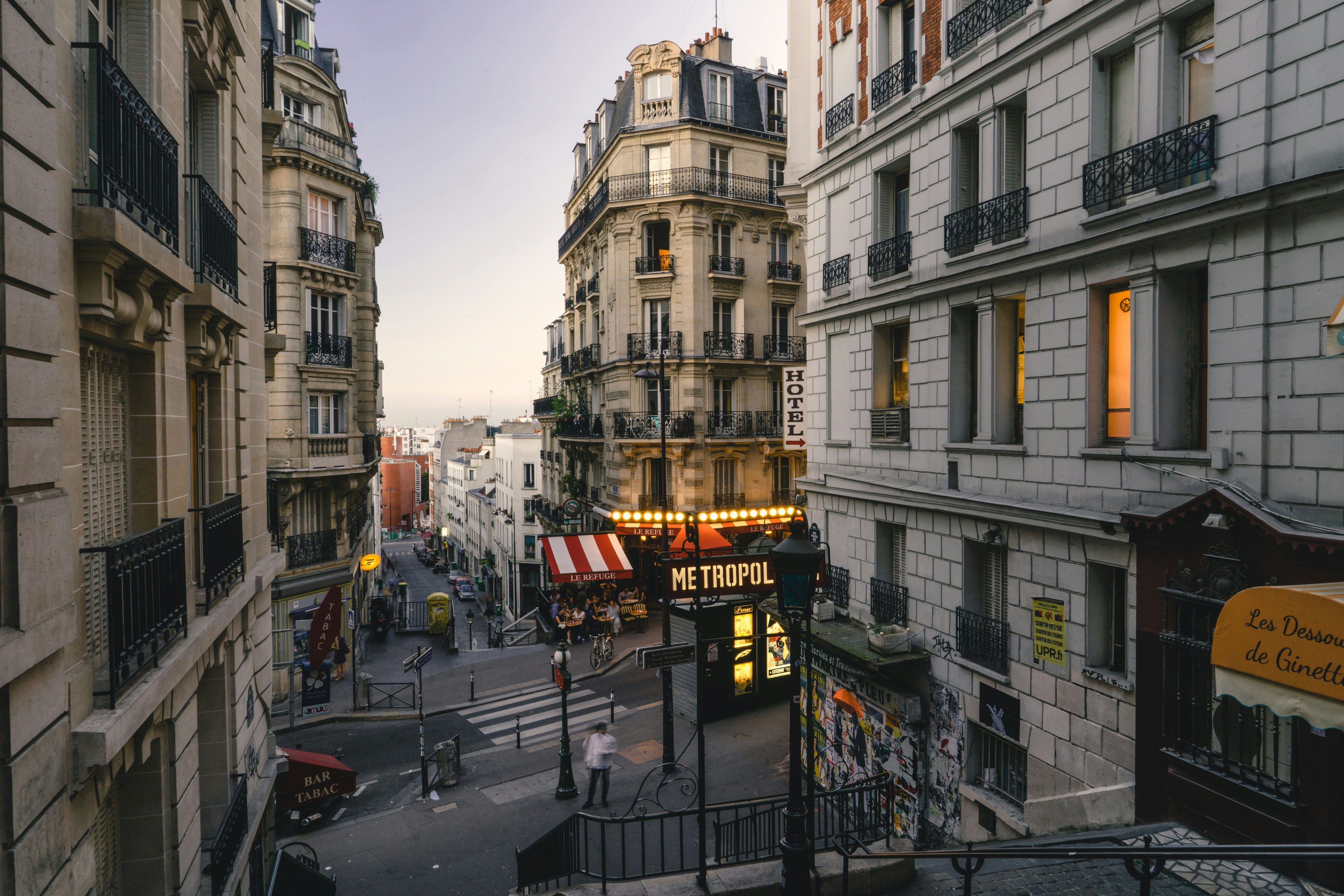
Paris, the capital and cultural heart of France, is perfect for those who want to immerse themselves in art, history, and vibrant city life. With iconic landmarks like the Eiffel Tower, Louvre Museum, and Notre-Dame Cathedral, Paris offers endless opportunities for exploration. The city also boasts a rich café culture, world-class cuisine, and excellent public transportation, making it easy for long-stay visitors to navigate. While living costs are higher than other cities, Paris provides a unique lifestyle and unparalleled cultural experiences.
Lyon
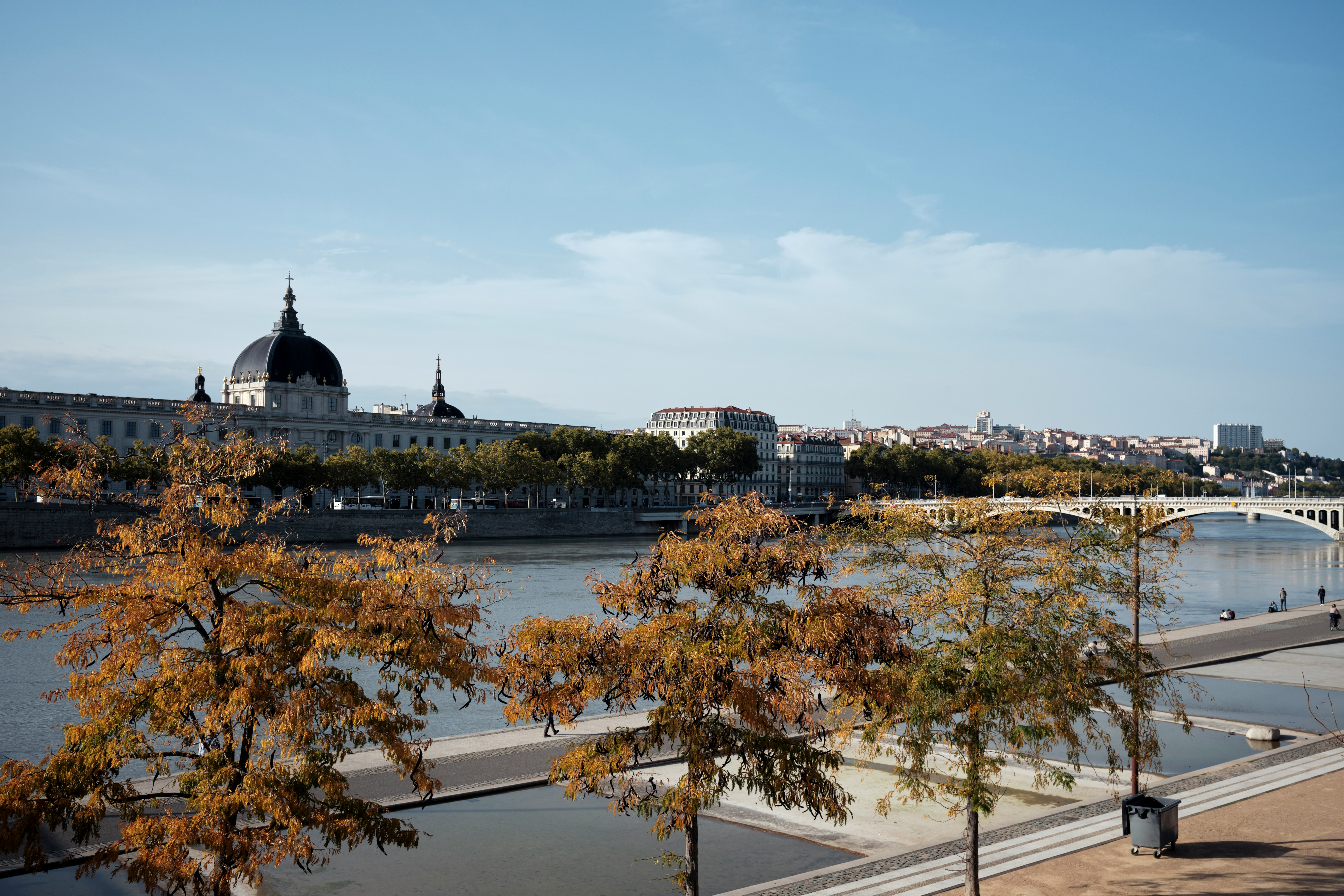
Lyon, often referred to as the culinary capital of France, combines a rich historical heritage with modern amenities. Its well-preserved old town, Roman ruins, and vibrant arts scene make it an attractive choice for long-stay visitors. The city offers a lower cost of living than Paris while still providing excellent healthcare, educational opportunities, and public transport. Lyon is also strategically located near the Alps and the Rhône Valley, ideal for weekend trips and outdoor activities.
Bordeaux
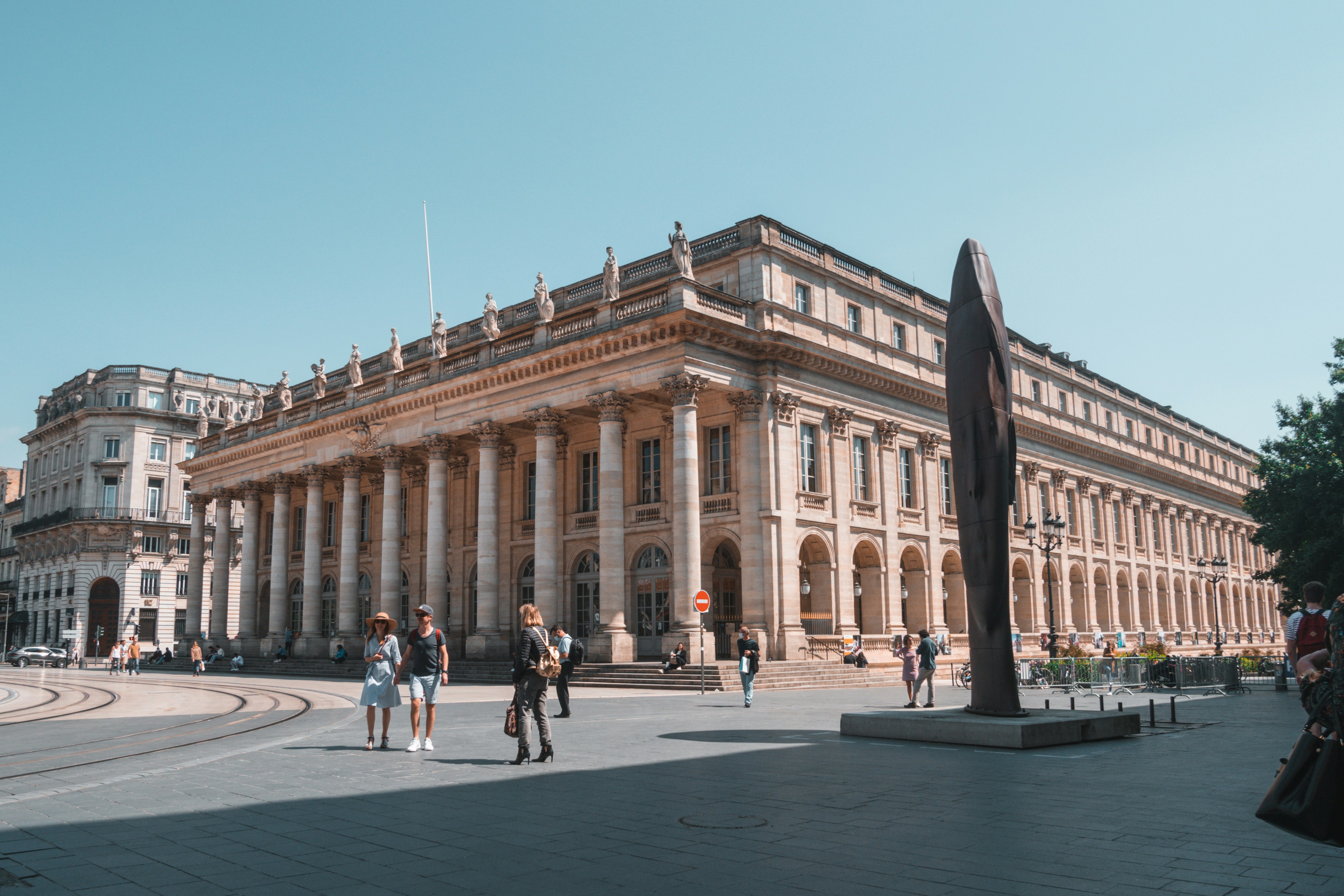
Bordeaux, famous for its world-class wine regions, is a more relaxed city that balances culture, nature, and gastronomy. Long-stay visitors will enjoy the elegant architecture, riverfront promenades, and thriving café culture. Bordeaux has a slower pace of life compared to Paris or Lyon, making it ideal for retirees or those seeking a quieter yet culturally rich experience. The city also provides easy access to beaches on the Atlantic coast and numerous vineyards, perfect for leisure and exploration.
Cost of Living
The official currency of France is the euro (€). 1 EUR = approximately $1.08 USD (exchange rates may vary).
The average net monthly salary in France is around €2,400, which equates to approximately $2,590 USD after taxes.
Here’s a rundown of what you should expect to pay in different cities:
Paris
Rent (1 bedroom in city center) – $1,500 per month
Rent (3 bedrooms outside city center) – $2,200 per month
Basic Utilities – $190 per month
Wi-Fi – $35 per month
Public Transport – $2.20 one-way
Groceries (2 people) – $500–$750 per month
Lyon
Rent (1 bedroom in city center) – $1,000 per month
Rent (3 bedrooms outside city center) – $1,600 per month
Basic Utilities – $160 per month
Wi-Fi – $30 per month
Public Transport – $2.00 one-way
Groceries (2 people) – $450–$650 per month
Bordeaux
Rent (1 bedroom in city center) –$1,300 per month
Rent (3 bedrooms outside city center) – $2,000 per month
Basic Utilities– $140 per month
Wi-Fi – $30 per month
Public Transport – $2.12 one-way
Groceries (2 people) – $350–$500 per month
FAQs
Can I work in France on a Long-Stay Visitor Visa?
No, the Long-Stay Visitor Visa does not permit employment in France. It is intended for individuals who can support themselves financially through personal savings, pensions, or remote work from abroad.
How long can I stay in France with this visa?
The Long-Stay Visitor Visa typically allows you to stay in France for up to one year. After arrival, you must validate your visa online within three months to confirm your residence.
Do I need health insurance for the Long-Stay Visitor Visa?
Can I travel to other European countries with this visa?
Yes, you can travel to other Schengen Area countries for short trips (up to 90 days within a 180-day period) while holding a French Long-Stay Visitor Visa.
What happens if I overstay my visa?
Overstaying your visa can result in fines, deportation, and potential difficulties obtaining visas in the future. It is important to respect the visa’s validity and apply for renewal if eligible before it expires.
Can I get help applying for the French Long-Stay Visa?
If you need help applying for a visa, you can talk to Citizen Remote. Get specific advice from one of our experts, or outsource the entire application to our team.
Author
Nadia Dardón is a content creator from Guatemala. She has worked fully remotely for the past six years as a copywriter, editor, and content creator, working for different industries. She started her digital nomad journey in 2022 and currently lives as an expat in Spain.
